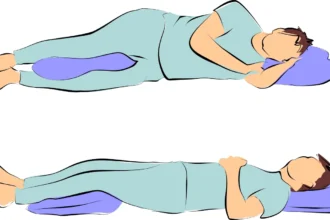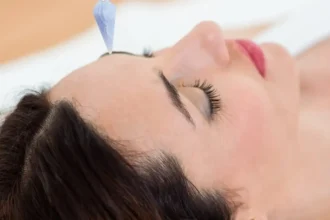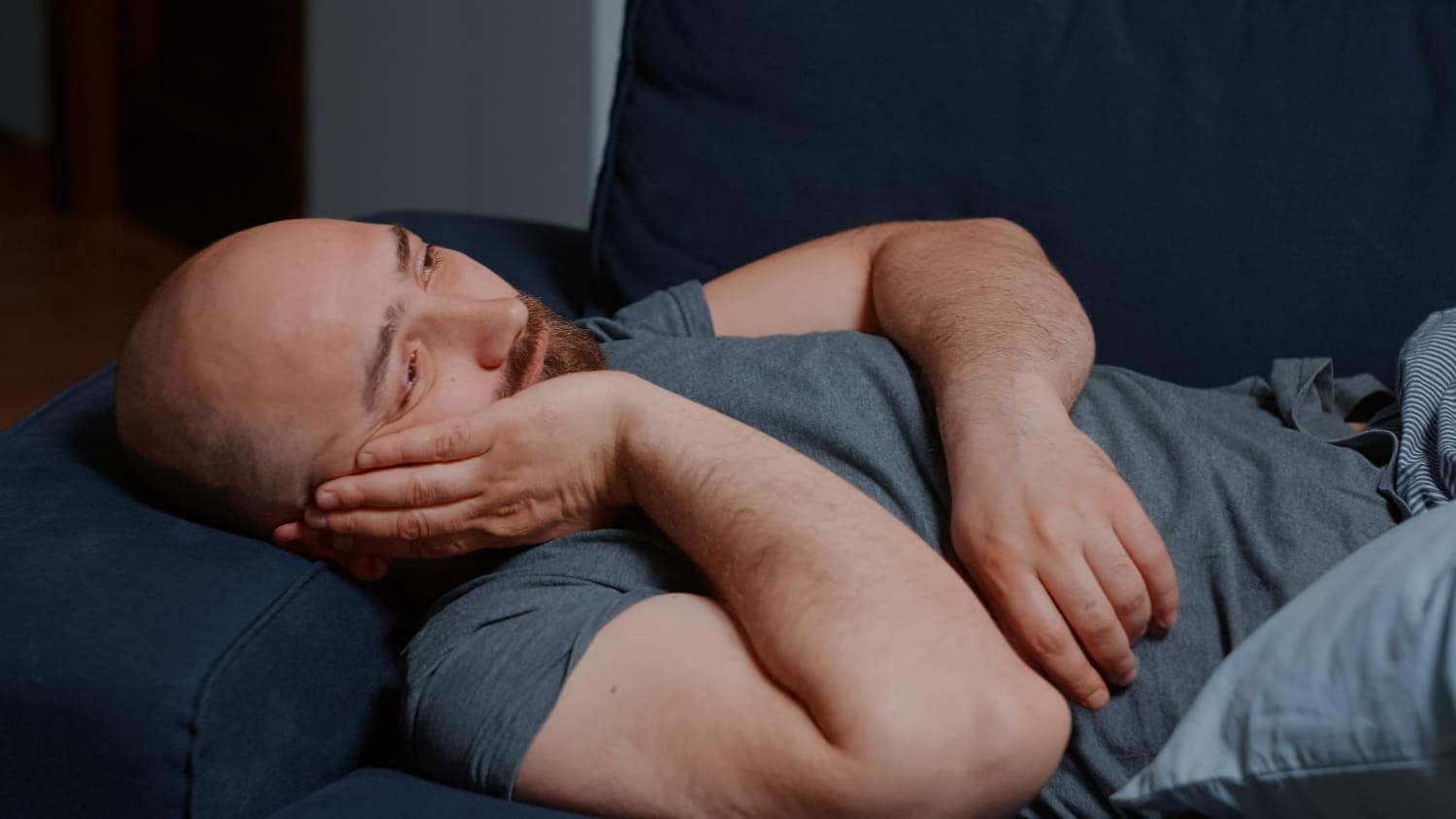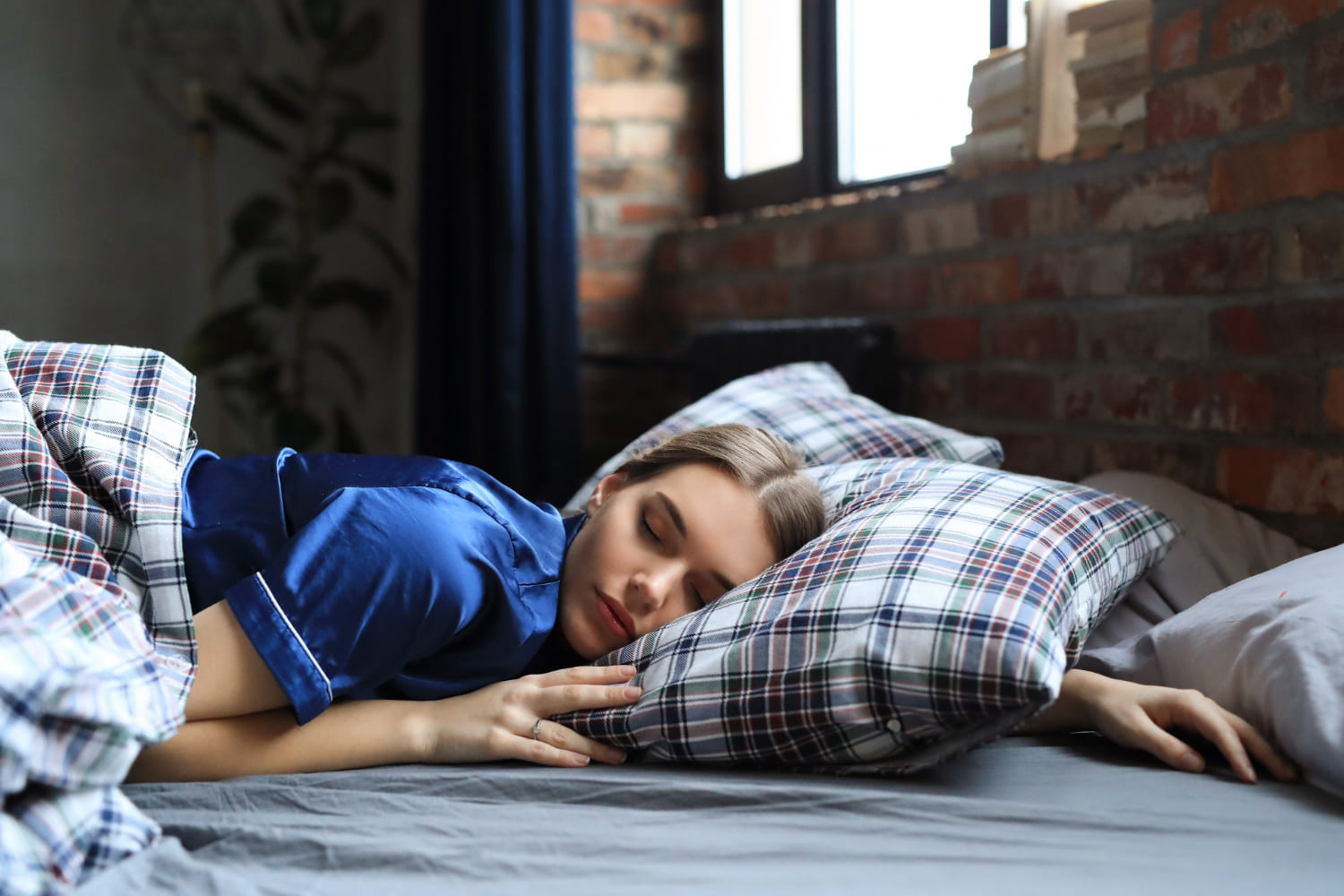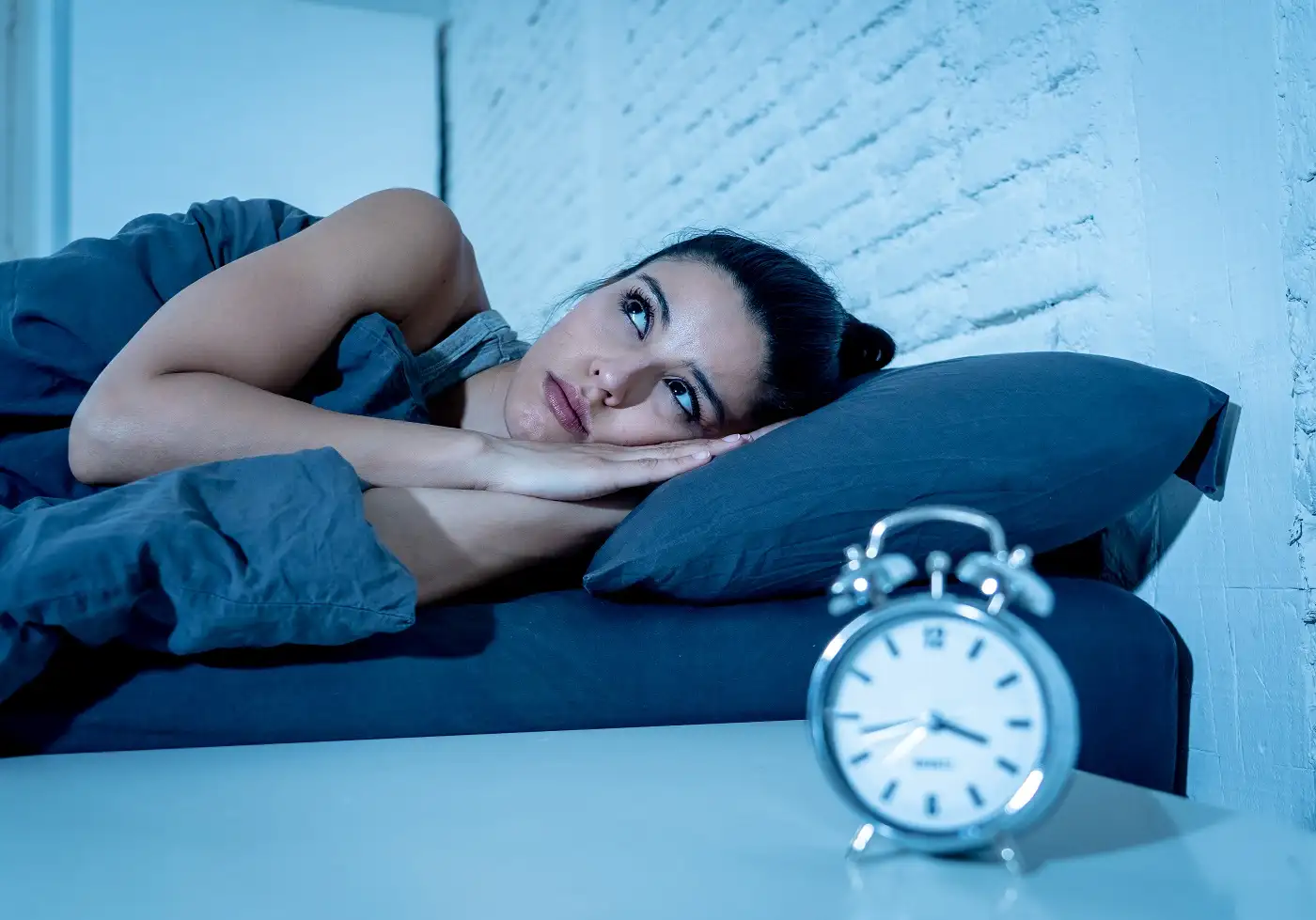Do you find yourself bewildered, saying “I’m getting 8 hours of sleep but still tired”? Thanks to advancing scientific insight, we’re progressively understanding certain lifestyle patterns that sneakily deprive you of the profound, recuperative sleep required to brace each day with vigor and vitality. In light of March being celebrated as National Sleep Awareness Month, we will reveal five unexpected reasons why you are persistently weary even after getting 8 hours or more of sleep and explore natural sleep-enhancement strategies, without the reliance on melatonin.
Enhancing Sleep Quality Despite Getting 8 Hours of Sleep but Still Tired: 4 Influencing Activities
1. The Impact of Alcohol Prior to Sleep
Contrary to popular belief, the consumption of alcohol before sleeping, despite inducing faster sleep onset, can be detrimental to the quality of sleep you receive. Alcohol impedes the transition of your body into deep sleep, a phase fundamental to the body’s repair and rejuvenation process. Getting 8 hours of sleep but still tired can often be a consequence of such indulgence.
2. Late-afternoon Caffeine Intake
Drinks loaded with caffeine, including coffee, tea, or sugar-laden beverages like soda, have the power to stimulate and invigorate your mind for up to six hours. Therefore, consuming these post noon is not recommended, particularly if you are aiming to optimize your body’s capacity to plunge into deep sleep and combat the sensation of getting 8 hours of sleep but still tired.
3. Bedtime Gadgets Usage
The habitual use of your digital devices close to your bedtime can jeopardize the quality of your sleep. The blue light radiating from your screens inhibits the melatonin production, a hormone responsible for managing your sleep cycle, adversely affecting restorative sleep. This could be the reason you’re getting 8 hours of sleep but still tired.
4. Evening Heavy Workout Routines
Participating in vigorous exercise regimes towards the end of the day can interfere with your sleep quality. Such activities spike adrenaline levels, heart rate, and core body temperature, confounding your body’s ability to adequately relax and enter the restorative sleep phase, characterized by slower heart rates and reduced core body temperatures. Opt for more mild exercises like yoga and always incorporate a cool-down session if you plan to exercise at night.
Steering clear of these practices could offer a natural answer to the dilemma of getting 8 hours of sleep but still tired. However, if you’re consistently battling daytime exhaustion despite making these adjustments, you might be grappling with a more severe sleep disorder. Consequently, lifestyle modifications may not suffice; you should consider seeking medical assistance to address the potential underlying condition.
Decoding the Mystery: Why Your Room Might Keep You Awake Despite Getting 8 Hours of Sleep But Still Tired
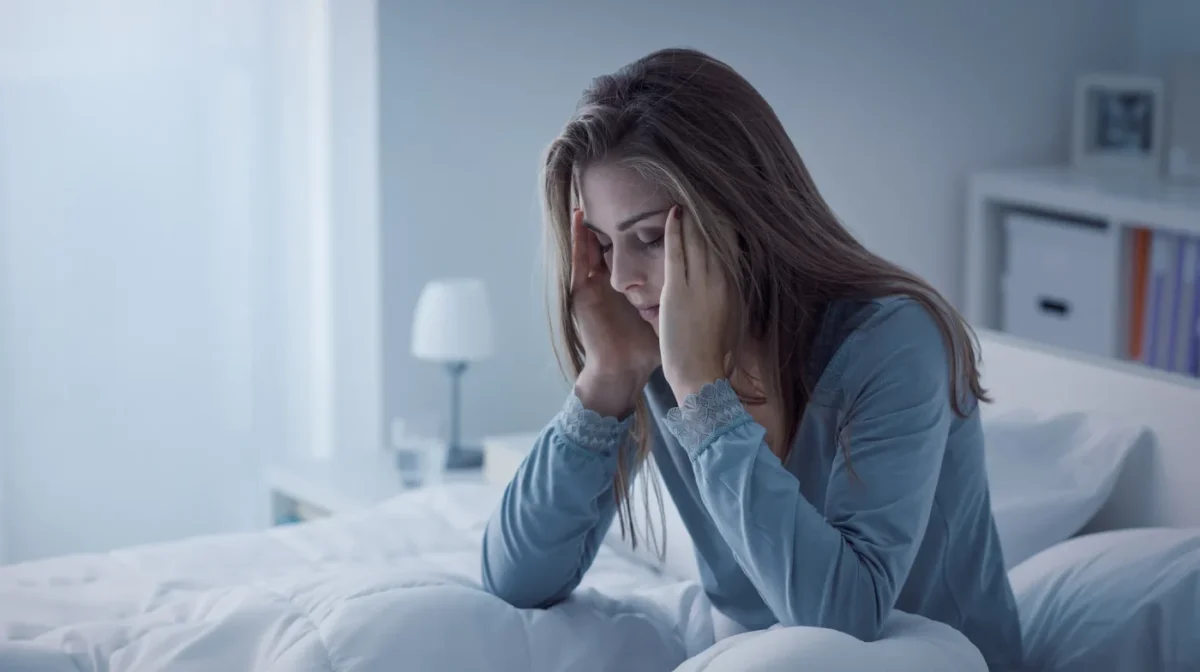
Even when you are clocking the recommended 8 hours of sleep, your bedroom environment might be sending the wrong signal to your body, prompting alertness instead of relaxation. This plays out through different cues that stimulate our sympathetic responses, keeping us on edge, rather than the desired parasympathetic response that leads to rest. Here are some of these antagonistic factors:
1) Interruptive Environmental Noise:
Although this is relatively obvious, many fall asleep with their TVs running and leave them on! Despite apparently “getting 8 hours of sleep”, this background chatter prevents your body from plunging into a deep REM sleep, leaving your nervous system in a state of readiness. This phenomenon isn’t confined to TVs; street noise and loud neighbors or roommates can also contribute to this disturbance.
2) The Blue Light Paradox:
Blue light emanating from digital screens is hostile to sleep. It emits signals resembling sunlight, forcing our brains to continue producing the wakefulness hormone cortisol, instead of the sleep-inducing melatonin. Consider shutting off electronic devices at least 90 minutes before bedtime or don blue light filter glasses. Swapping fluorescent lights with red or dimmed lighting variants could also assist.
3) Stealthy Light Sources:
Interestingly, your skin can perceive light even when your eyes are closed. Consequently, street lights seeping in through your window or LED indicators from electronic devices like your WiFi router or digital clock can trick your body into thinking it’s still daytime. Aim for complete darkness in your room by adopting more opaque curtains and turning off electronics.
4) Incorrect Room Temperature:
When nighttime falls, our bodies release hormones that lower our core temperature — a central process that transitions us into sleep mode. Overly warm environments can upset this rhythm, and you feel you are getting 8 hours of sleep but still tired. Therefore, the Sleep Foundation suggests maintaining your room between 60 to 67 degrees Fahrenheit for optimal sleep.
Boosting Energy Levels Despite Getting 8 Hours of Sleep but Still Tired
Understanding why you’re still feeling tired after getting 8 hours of sleep is just the first step. It’s now crucial to devise a plan to regain energy. Below are some strategies to help you feel more invigorated each day:
- Addressing Your Sleep Needs: Utilize a tool like RISE to determine the amount of sleep you require and strive to meet that quota every night. Don’t forget to account for about 30 minutes to an hour of potential wakefulness during your bedtime routine.
- Reducing Sleep Debt: If you’re getting 8 hours of sleep but still feel tired, it might be time to pay down your sleep debt. Catch a nap or retire to bed a bit earlier than usual. By keeping your sleep debt under five hours, you can enhance your vigor significantly.
- Aligning with Your Circadian Rhythm: Maintain a regular sleep regimen and try to coincide your meals with your sleep-wake cycle for better synchronization.
- Enhancing Sleep Hygiene: By using proven wellness applications like RISE, you can be inculcated with more than 20+ healthy sleeping habits. These guidelines may revolve around managing exposure to blue light, moderating caffeine intake, avoiding hefty meals and strenuous workouts before bedtime, and being mindful of alcohol consumption. RISE will further prompt you to assess your sleeping environment each night to foster better sleep quality.
In Conclusion: Achieving Restful Sleep, Even After Getting 8 Hours Of Sleep But Still Tired
In a nutshell, the quest for a blissful sleep minus the reliance on melatonin supplements involves establishing regular sleep/wake patterns, nourishing your body with natural sleep boosters like magnesium, probiotics, and amino acids, crafting a tranquil bedtime routine, and ensuring your bedroom supports a sleep-friendly mood.
Bear in mind, this seems overwhelming and accepting it all at once isn’t necessary; treat it as a journey. Implement these suggestions gradually, one phase at a time, one night followed by another.
Read more: Best way to sleep with occipital neuralgia





